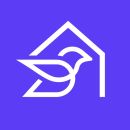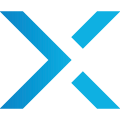The gender gap in technology remains a pervasive issue, here in Colorado and globally. Yet, even as companies work to recruit more women to their teams and create more inclusive cultures, the root of the issue remains the same: Most women — and more critically, young girls — simply aren't encouraged to pursue careers in tech.
But outdated stereotypes aside, the Colorado tech community abounds with stories of women who discovered a passion for technology early on and turned that passion into a thriving career — despite the roadblocks they met along the way. Today, we're sharing some of those stories.
In part one of a two-part series exploring women’s journeys through the world of tech, you’ll hear from techies about the experiences that shaped their careers and the advice they have for the next generation of women in tech.
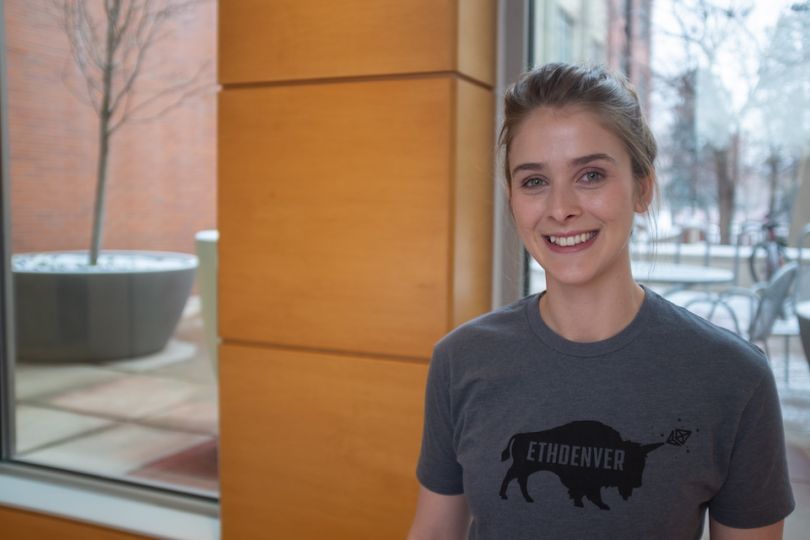
The process of bringing new consumer products to life has, for years, been fraught with manual errors and communication breakdowns, but Backbone aims to change all that. Its product lifecycle management platform automates the design and production process for consumer goods companies, helping to reduce lead times throughout the supply chain and get to market faster.
Full Stack Engineer Joscelyn James shared how her love of tinkering turned into a career in tech.
Share the story of how you got into engineering.
Ever since I can remember, I have been a tinkerer. I've always enjoyed working on cars, building computers and assembling Legos. Naturally, I was drawn to coding right away, as I found that it was a perfect balance of creativity and logic. I was first introduced to coding through my brothers. They both went through Galvanize, and I soon followed. My only regret is that I didn't do it earlier!
...Don't give up. There will be tough roadblocks along the way. Just remember that it’s natural.”
What's the biggest challenge you've faced in your career, and how have you worked to overcome it?
Honestly, every day is a new challenge in the startup world. The biggest challenge I faced was in my first month of working when I was handed my first big feature. I probably spent three hours just clicking through the 30 or so pages on Invision. I felt so overwhelmed. Luckily, I had — and still have — a great team of engineers who were patient with me and helped me along the way. Now, my process still consists of three hours of looking through Invision, followed by filing detailed tickets in Jira, all while maintaining constant communication with the design, QA and customer success teams.
Any advice or tips for other women pursuing a career in engineering?
I would encourage women to get involved in the community by looking for nearby meetups, attending a dev happy hour or going to a conference. You can find amazing support groups of women from Boulder to Denver that are all about getting more women into technical roles. There are plenty of women-only events out there as well. Also, don't give up. There will be tough roadblocks along the way. Just remember that it’s natural. Don't be afraid to ask questions or take extra time to research and understand a concept.
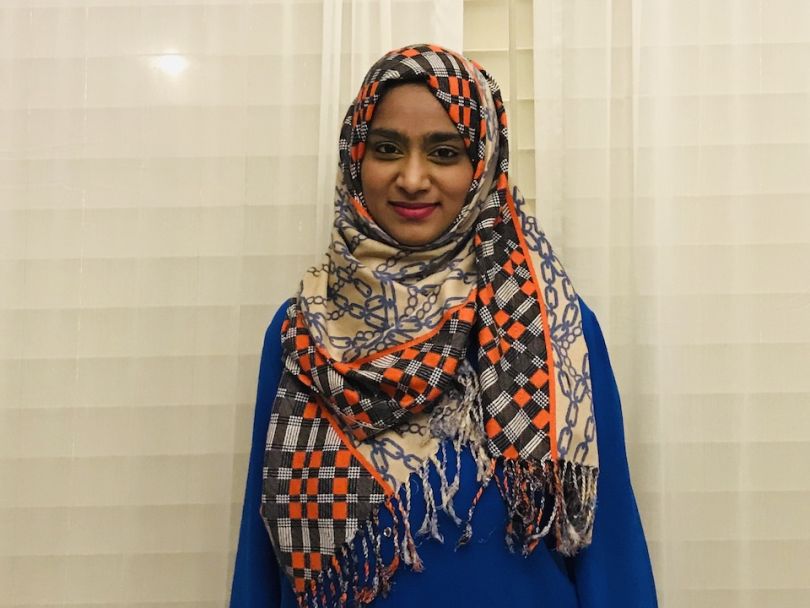
Travelers Haven — and its sister company Hotel Engine — help businesses manage the ins and outs of short-term employee housing with a full-service booking platform that leans on intuitive technology and a team of customer-facing experts.
Software Engineer Tahura Abdul, who works on Hotel Engine’s tech team, got candid about her initial reluctance to pursue a career in tech and how she overcame it to discover a field she now loves.
Share the story of how you got into engineering.
In college, I was working towards a career in non-western medicine, which turned out to be a near-impossible path to follow. My father, knowing my skillset and being a Java developer, suggested I consider a career in software engineering. At first, I thought, “Oh man! Programming?! That's so geeky!” I didn’t want to be that nerd who sits in a cube looking at a computer for eight hours. Surprisingly, that wasn't the case. I figured out that software is all about solving “scavenger hunts” and becoming a sleuth — which I love! I feel like every problem has a set of clues just waiting to be found.
I used to be scared to be a developer, but we need people to know this job isn’t just for those who have always been into computers their whole lives.”
What is the biggest challenge you've faced in your career, and how have you worked to overcome it?
Coming from a science background, I had no idea how computers operated, and this bothered me. I felt as if, in order to be a good programmer, I needed to understand my new industry from the bottom up. I set out to overcome this by starting from scratch — learning the details of computer hardware and networking. How does our information really get passed from one computer to another? How do different languages interrelate? How do foreign APIs communicate? Starting with the basics really helped me understand the bigger picture, which in turn helped me code more confidently.
Any advice or tips for other women pursuing a career in engineering?
Being one of the few girls in the software engineering world, it makes me proud to be here. I used to be scared to be a developer, but we need people to know this job isn’t just for those who have always been into computers their whole lives. This is a place where women are greatly welcomed and a place where, if you work hard, you can do amazing things.
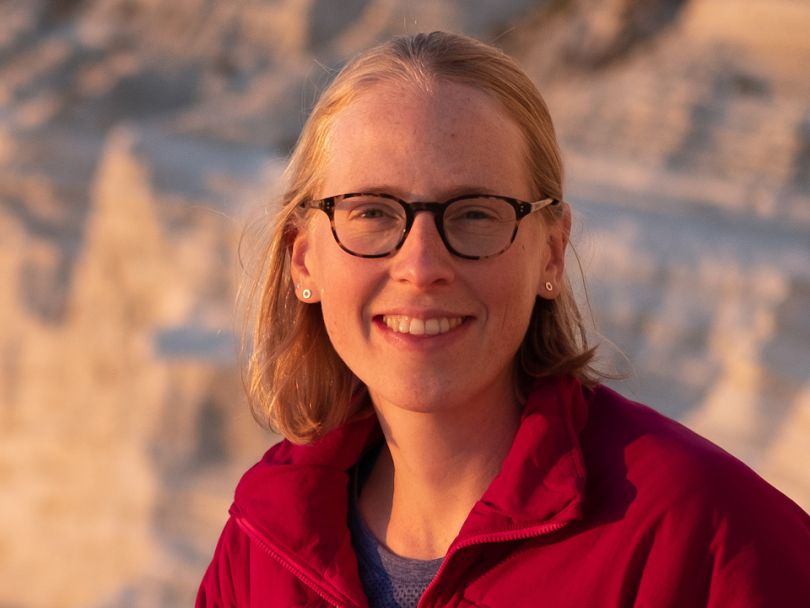
The shift toward subscription-based business models has transformed the way we utilize software and services, but with that has come an ever-evolving list of challenges — particularly when it comes to billing. Recurly’s subscription management platform helps businesses navigate those challenges with ease while maximizing and automating revenue growth.
We caught up with Technical Lead Kelsey Schlarman to learn what sparked her passion for programming — and how she keeps that passion alive day after day.
Share the story of how you got into engineering.
My first exposure to computer science was a digital electronics class that I took as a junior in high school. After that, I learned a bit of programming on my own from a book on C. I found the logic and problem solving so engaging that I took a leap of faith and declared computer science as my major when entering college.
Computer science is an incredibly broad field ... Explore what is out there, and find what fuels your passion.”
What is the biggest challenge you've faced in your career, and how have you worked to overcome it?
My first job out of college was rough. I wasn't growing as a developer, and I often dreaded going to work. I spent a long time blaming myself and questioning if I really belonged in this industry. Eventually, I doubled down on personal projects and picked up new languages, which reignited my passion for programming. This led me to finally switch jobs, and I landed in a much happier place.
Any advice or tips for other women pursuing a career in engineering?
Computer science is an incredibly broad field, and not every language, application or company will suit your interests or support your ambitions. Explore what is out there, and find what fuels your passion.

Tek Experts takes its name seriously. Leveraging its team’s collective technology expertise, the Colorado Springs-based company supports businesses in their efforts to better serve their customers with services like software development and support, customer success management and sales, and business development services.
Technical Support Engineer Pratyusha Adavalli talked to us about her journey through STEM and how she’s navigated career challenges along the way.
Share the story of how you got into engineering.
I graduated with a bachelor’s in electronics and communication engineering. At first, it was a love for creativity and problem solving that led me to pursue a STEM career.
As part of my final year project, which was "noise reduction for an image," I used a simulation software that helped me not only achieve the goal of the project but also helped me realize that computer software is a very powerful tool that helps the user observe an operation without actually performing that operation. After that, I became passionate about computer programming and software. Currently, my primary focus is on my role as a software support engineer.
Be persistent. If some technology project doesn't make sense but you are persistent until the end, everything will eventually add up and make sense.”
What is the biggest challenge you've faced in your career, and how have you worked to overcome it?
When I started my first job, it was like drinking through a firehose. At first, it was difficult to connect the dots, but with patience, perseverance and the right mentoring, everything fell into place. On the other hand, moving to a new country and starting a career is a different challenge. I missed my family, and I had to learn the culture and get acclimated to the weather.
Any advice or tips for other women pursuing a career in engineering?
- Having the mindset that technology is fun will help anybody get their foot in the technology door.
- Find a mentor who will help and encourage you to pursue your passion. In my case, I was lucky to have my father as my mentor.
- Be persistent. If some technology project doesn't make sense but you are persistent until the end, everything will eventually add up and make sense.
- Learning is fun. If you want to be in engineering, you have to be a constant learner.
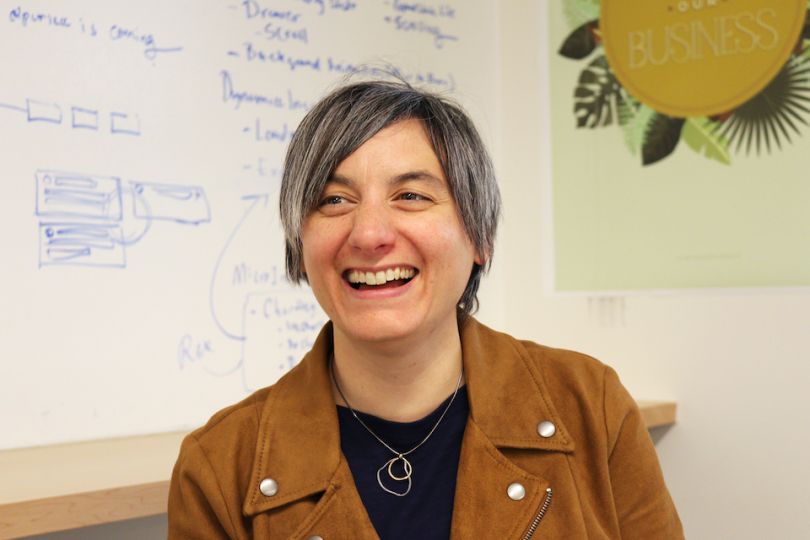
IHS Markit Digital combines design, development and data to helps businesses turn their complex financial information into intuitive and interactive visualizations and workflows. Its tech platform empowers businesses to display their data in a way that’s approachable, actionable and insightful, enabling them to better engage their clients.
Chief Operations Officer Renee Spampinato shared how she’s nurtured her knack for coding and made her voice heard — despite stereotypes or gender inequities.
Share the story of how you got into engineering.
In high school, I signed up for the only programming class offered at the time: Basic. The funny part was my guidance counselor tracked me down because she assumed it was a mistake and that I intended to sign up for typing class! I immediately had an aptitude for coding and decided to apply to computer science programs for college.
Throughout my career, I’ve often found myself one of the few women on delivery or management teams. I’ve worked hard to make sure my thoughts and ideas are heard.”
What is the biggest challenge you've faced in your career, and how have you worked to overcome it?
One of my biggest challenges has been building successful offsite delivery teams from the ground up. I’ve done this on multiple occasions, some in time zone and some halfway around the world. Not only is there the challenge of onboarding a brand new team in a new location, but I’ve also had to establish a new way of working within the organization locally.
Any advice or tips for other women pursuing a career in engineering?
Make your voice heard! Throughout my career, I’ve often found myself one of the few women on delivery or management teams. I’ve worked hard to make sure my thoughts and ideas are heard.


